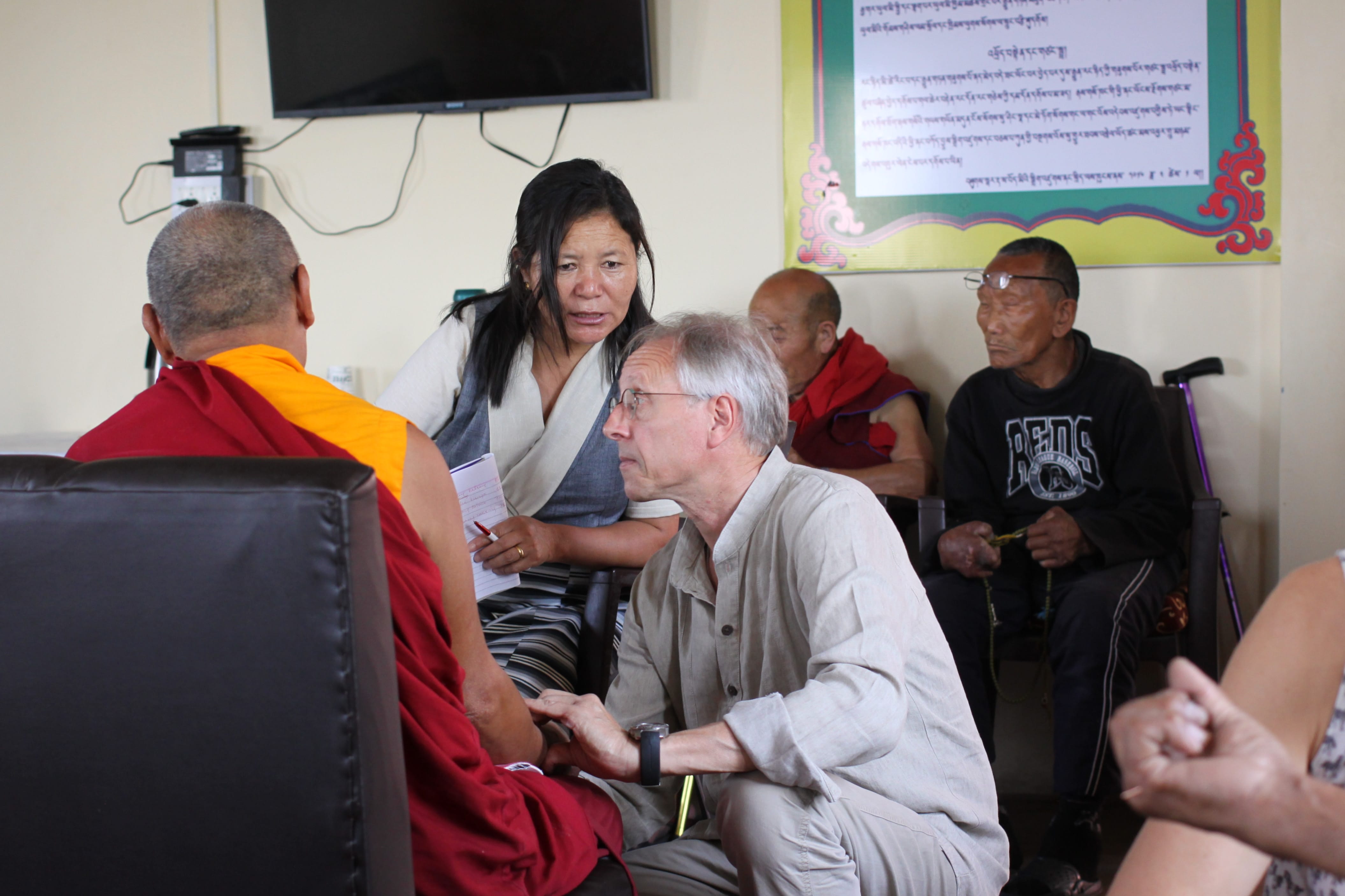Everyone living with a terminal illness deserves quality care, support from loved ones, and the ability to set personal end-of-life goals.
Cancer is the second-leading cause of death in the world, and it doesn’t discriminate: The debilitating disease affects people of all ages in every country around the globe. But seniors are more likely to succumb to cancer than those in other age groups.
In fact, research indicates that 70% of cancer-related deaths occur in patients aged 65 years and over. To help combat these disproportionate numbers, a multidisciplinary approach is optimal. If you or a loved one have been diagnosed with terminal cancer, quality care is imperative.
When it comes to medical justice and healthcare among the elderly, there seems to be a general lack of urgency. Compounding the issue is the fact that hospice care is becoming increasingly unreliable, with many facilities failing to provide adequate end-of-life care. Thus, those with terminal cancer need to utilize all possible resources to ensure better quality of life. Adhering to all relevant medical advice, setting end-of-life planning goals, and fighting against malpractice and negligence are all part of the process as well.
End-of-Life Planning
Patients with terminal cancer have to face an unpleasant reality, and the support of family and friends is critical in the realm of end-of-life planning. According to Bradley University, end-of-life planning is critical because it gives terminal patients a variety of benefits. For instance, you may gain a greater sense of independence and have more options when it comes to choosing hospice facilities, both public and private.
It’s easy for many elderly terminal cancer patients to put off end-of-life planning due to the fear of having to be dependent on others. Further, raising the subject with loved ones may be difficult. To combat the anxiety that accompanies end-of-life planning, it’s imperative that elderly cancer patients reach out to loved ones or healthcare providers for guidance.
Goal setting is an ideal first step in the realm of end-of-life care. You and your loved ones should sit down together and lay out your goals. This may include pain and symptom management, as well as seeking out quality care where you’re treated holistically. Finding a comfortable place to live out the rest of your days is also part of the process. Determine what type of facility you can afford, or that is covered by your insurance, and then visit those facilities to find the best fit.
Keeping Track of Medical Advice
To ensure the best possible quality of life in your final days, it’s imperative to follow all medical advice, including chemotherapy and medication. Unfortunately, medication noncompliance is common within the senior population due to issues such as forgetfulness, alteration of schedules, and overuse. Patients who are prescribed more than three drugs daily are at the highest risk of noncompliance, according to the National Center for Biotechnology Information.

Many elderly patients may also have difficulty remembering their healthcare provider’s advice. If you find that you’re forgetful when it comes to medical advice, you have several options. Bring a notebook along to your appointments and write down relevant information provided by your doctor. Or, if you’re comfortable with modern technology, you can use your smartphone and record your doctor’s advice.
There are numerous benefits to making audio recordings during visits with your healthcare provider (preferably with permission, depending on state laws). It enables you to keep track of medical advice, and audio records can also protect you in the event of negligence or malpractice. If you feel that a healthcare provider or facility is in the wrong, having audio recordings allows you to take legal action.
Treatment and Making Difficult Decisions
The regrettable reality is that negligence and malpractice are common among elderly patients living with terminal cancer. A recent study on mesothelioma patients shows the magnitude of the problem. Mesothelioma is a form of cancer that typically affects the lungs and is linked to asbestos exposure. You can find more information on mesothelioma here.
But a large number of elderly mesothelioma patients do not receive treatment, which significantly impacts their survival rate. Among mesothelioma patients 80 years and older, the median survival rate is just over four months. And nearly 66% of elderly patients diagnosed with mesothelioma never receive cancer-related treatments that could boost their survival.
While many elderly cancer patients may be able to tolerate aggressive, multidisciplinary treatments such as chemotherapy, other options exist that could make a significant difference. Taking a holistic approach can help prevent serious complications and mitigate symptoms. If your pain and suffering are so severe that medical treatment has no effect, it may be time to let go.
As of January 2019, when Hawaii enacted right-to-die legislation, seven U.S. states now allow terminal patients to choose death with dignity. No matter the treatment route you choose, however, end-of-life planning remains an essential part of the process.
Everyone living with a terminal illness deserves quality care, support from loved ones, and the ability to set personal end-of-life goals.


Join the conversation!